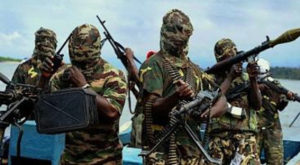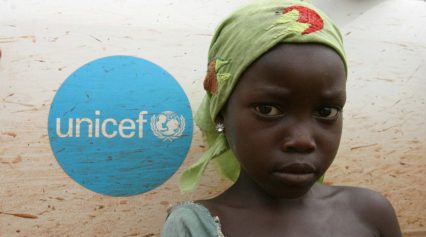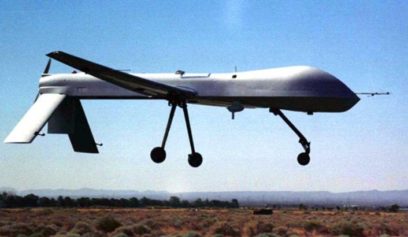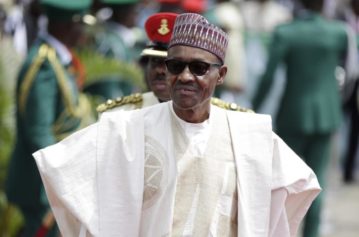
A death toll isn’t yet clear because bodies are still being recovered in and around the village of Kwada and Kautikari. A member of a vigilante group that organized to stop the terrorists spoke to a reporter by telephone and said they had recovered 30 bodies so far, but more were turning up in the bushes.
“They killed dozens of people and burned houses after attacking worshippers,” the vigilante, Mallam Yahi, told the New York Times by telephone after he fled to nearby Chibok.
Yahi said after leaving Kwada, Boko Haram continued to Kautikari, about four miles from Chibok, but the vigilantes didn’t know the damage and death toll there because they hadn’t yet reached the nearby village.
In Chibok, angry residents accused the Nigeria military of being slow to respond to the attack and said in Kwada they stayed far from the terrorists and shot at them from a distance.
Nigerian officials have made no progress in rescuing the abducted girls, as Boko Haram continues to rampage through the countryside. Last week extremists attacked a military camp in neighboring Damboa and killed at least 51 soldiers. Survivors said they were extremely well-armed, arriving in armored personnel carriers mounted with anti-aircraft guns and carrying rocket launchers and submachine guns more imposing than the soldiers’ AK-47 assault rifles. During the conflict, the militants abducted many soldiers who remain missing.
Boko Haram has demanded the release of detained fighters in return for the kidnapped girls, but Nigerian President Goodluck Jonathan has refused such a deal. Nigeria claims to know where the girls are, but reportedly believes any military campaign could get them killed.
There have been other attacks as well—a bombing of a brothel in the state of Bauchi, also in the northeast, and the killing of farmers, mainly Christians, by attackers believed to be Fulani Muslim herders in the northern state of Kaduna.
“The president commiserates with all the families who lost loved ones in the heinous attacks, and extends his heartfelt sympathies to all those who suffered injuries or lost their properties during the wanton assaults on Bauchi and Kaduna States,” said a statement.
Thousands have been killed during the five-year religious and cultural campaign that Boko Haram has waged. More than 2,000 people are estimated to have been killed so far this year—compared with 3,600 in the four previous years combined.


